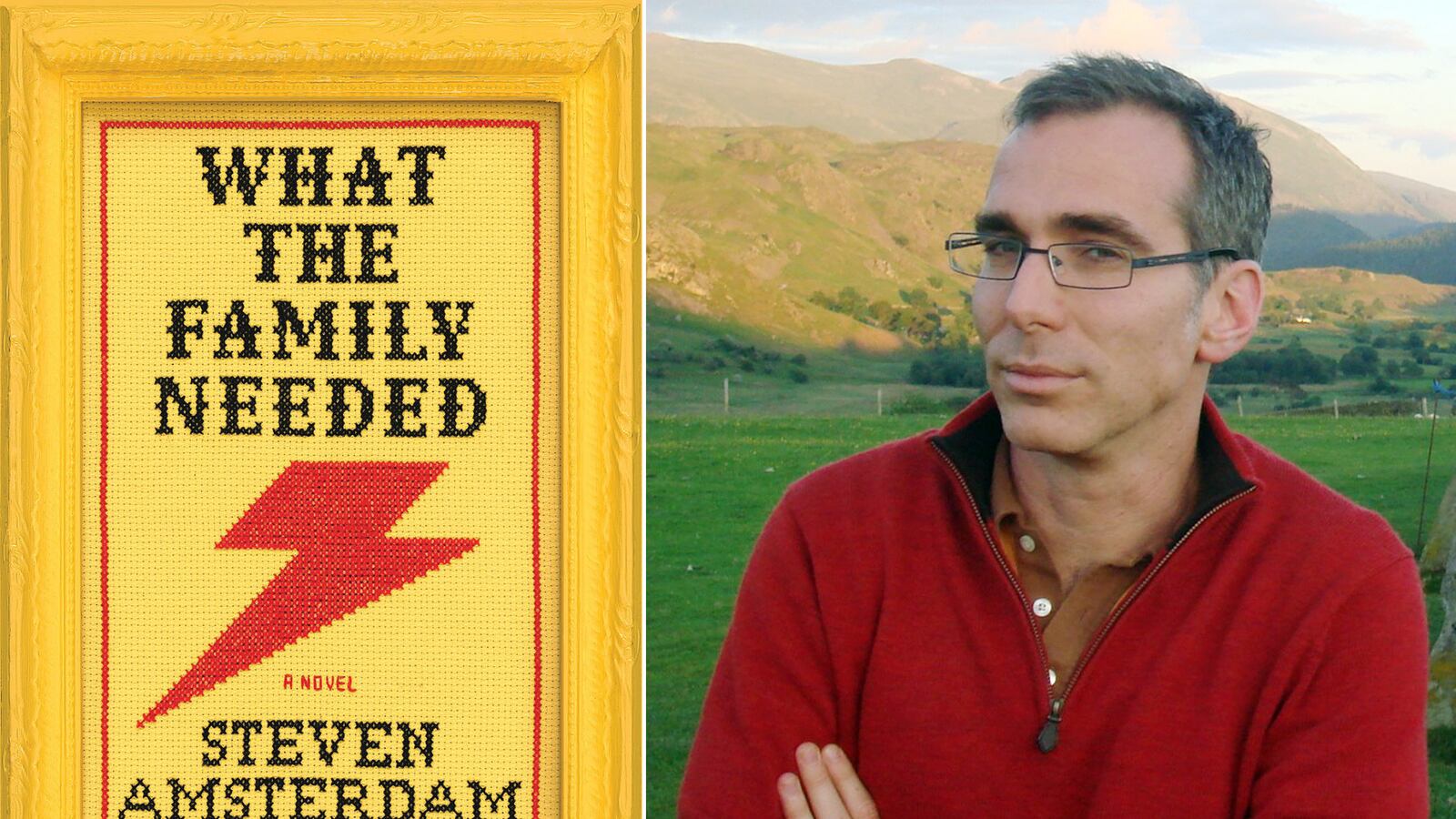Fiction is taught and talked about as being composed of parts. Books on writing break it down into chapters such as “Character,” “Plot,” and “Theme.” In school, we are made to understand the interplay of these distinct and understandable elements. As adults, we discuss and review novels with the same vocabulary.

Such thinking results in ridiculous condensation. Consider this, from the current bestseller list: “An inexperienced college student falls in love with a tortured man who has particular sexual tastes; the first book in a trilogy.” Does that provide the information you need to make a decision about whether to buy the book?
This piecemeal view also stymies writers. We might put our creative energies into developing depthy characters and injecting them into airtight plotlines only to find ourselves stuck in a story that is both technically correct and lifeless.
I have noticed a key element of novels that is not as easily teased out, but may be as meaningful as character and plot: charm. Forget its unctuous and twee connotations. Think of its original meanings—to delight, to control. I use the term to describe the qualities of a novel that seduce readers and lead them onward, wherever the character and story may go. Charm is the overarching feel of a book as well as its soul. Like any soul, it transcends its circumstances.
For example, a friend reports, “I’ve just finished the most amazing 400-page novel about a lonely pig farmer who decides to buy a television set.” That’s what I’m talking about.
Charm explains the durability of certain books, where the characters and plots are still secondary to the lives they reveal. Do we return to Jane Eyre because the governess gets her lord? No, we go back for Jane’s awe-inspiring certitude and priggish resolve to do so on her own terms. That is the charm that makes us fall in love. Do we linger over Lolita because the pedophile doesn’t get his girl? No, we go back for Humbert’s florid insights and clear-eyed delusions along the way to failure. That is the charm that fascinates and horrifies.
Plenty of novels can dangle the facts well enough to merit our page-turning interest. But suspense is an easily sated instinct. A book that has charm relies instead on our obsession with human nature. Readers are psychiatrists and they are always searching for evidence of the author’s insight.
Where do we writers locate this charm stuff? At the union of character and plot. This is where the realities of daily routine, with its drab laws of gravity and social niceties, meet the outrages of fate, whether it’s insurrection at the equator, at wizard school, or in the suburbs. When a character doesn’t react too soon to a gunshot, when she spends an extra moment considering her spouse, or when he stews under the stairs about the neighbors. A whole book may be spent under the stairs if we are inside the right mind.
Unfortunately, to unearth such treasure, we still must travel along the usual routes. We type onward with our pulseless characters and dead-end subplots looking for the point of it all. We must continue to fire electricity through everything—eyebrows, sofabeds—in our quest. The trick is to know what we are looking for. The views, the dialogue, and the architecture are distractions. Don’t become enamored of any of them. The reader won’t miss those bits if we give ourselves over to our true subject: the imagined interior. This is the last domain that fiction can call its own and it is the origin of charm.
What I’m suggesting is a refocus of metaphor. Think of story and character as the tools of an alchemist, not those of a builder. Better yet, think of a medium. The all-important elements are there to help us to channel a view of the world through eyes that are not our own. The result is unplanned but organic truths. These are what engage the reader with all the other elements.
What does this mean practically for a novel? I don’t demand a first-person narrative. Inner life can be conveyed in the peeling of an apple. My only requisite is that the reader understands how a woman like this would peel an apple like that. Such honesty is what elicits that satisfying flicker in a reader, Of course. We must write to discover such charm, as they are the root of entertainment and enlightenment.
Thirty years ago my 10th-grade English teacher, Mr. Rifkin, first alerted me to the problem of breaking novels into pieces: “Sometimes you need 75,000 words to express one complicated feeling.” He was talking about the total, all the fortunate and unconscious decisions of the author. A novel’s final complexity may only become clear after revisions, editors, publication, and time. That’s when a writer looks back and sees what possessed her for all those years. That’s when a reader closes the book and discovers that he has been under a spell.





